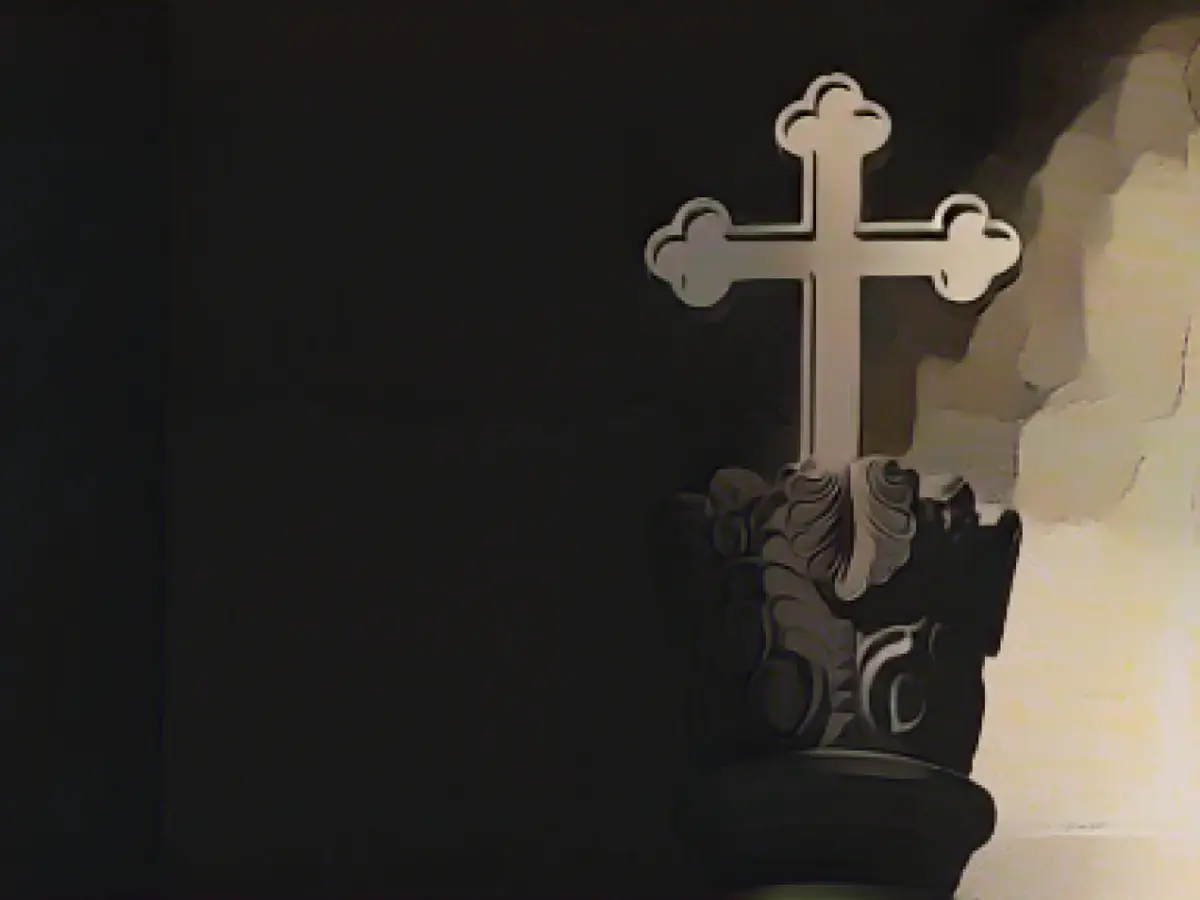Church - Würzburg bishop: Mood among bishops rather sober
According to Würzburg Bishop Franz Jung,Bavaria's bishops are working together in a results-oriented manner despite differing theological positions. "The mood in the Freising Bishops' Conference is one of sober pragmatism. The theological differences are clear," Jung told the German Press Agency.
The seven Bavarian archdioceses and dioceses of Bamberg, Munich and Freising, Augsburg, Eichstätt, Passau, Regensburg and Würzburg as well as the diocese of Speyer are represented in the Freising Bishops' Conference. Reform-minded bishops such as Jung or the Archbishop of Munich and Freising, Cardinal Reinhard Marx, will meet particularly conservative colleagues such as Gregor Maria Hanke from Eichstätt, Stefan Oster from Passau and Rudolf Voderholzer from Regensburg.
Church faces many challenges everywhere
For Jung, the Freising Bishops' Conference faces the same questions as other regional bishops' conferences. "Where and how should priests be trained in future? How can we ensure the preservation of the theological faculties with permanently declining student numbers?"
In addition, the future of denominational religious education needs to be shaped and the decline in financial resources needs to be overcome. "When answering these questions, the different theological positions do not play a role," explained Jung. "Rather, it is about making the necessary decisions in a timely manner and with expertise."
Disagreement on the reform process
The German Catholics initiated the Synodal Path reform process around four years ago. Among other things, the aim was to achieve changes in sexual morality, the role of women in the church, the handling of power and celibacy, the mandatory celibacy of Catholic priests. The reform process was triggered by the massive crisis of confidence following the revelation of abuse scandals.
The Vatican has already made it clear that it views the development critically - supported by the German bishops Hanke, Oster, Voderholzer and the controversial Cologne Cardinal Rainer Maria Woelki. They are blocking change.
Church and AfD positions incompatible
With regard to various statements on the relationship between the church and the AfD, Jung said: "As a church, we are firmly opposed to extremism in any form." For Christians, it is unacceptable to vote for parties that hold xenophobic, racist and anti-Semitic opinions or even tolerate them in their ranks. "This applies not least to the AfD, which is currently being monitored by the Office for the Protection of the Constitution."
In the diocese of Würzburg, the statutes of the parish councils had already stipulated in 2021 that no one could assume responsibility in the church who "publicly expresses or represents racist, xenophobic or other views contrary to human rights or is a member of or supports organizations and parties that represent these views".
Archbishop Marx spoke out against AfD supporters in church offices at the end of the Freising Bishops' Conference's fall plenary session in November. According to him, however, there should be no binding rules on the issue, at least for the time being.
Bishop Meier of Augsburg caused a great deal of irritation in the fall when he mentioned differences as well as similarities with the AfD.
Information on the diocese of Würzburg
Read also:
- A clan member is punished here
- Traffic lawyer warns: Don't talk to the police!
- Will he be convicted as Jutta's murderer after 37 years?
- He also wanted to kill his cousin
The Catholic Church in Bavaria, specifically within the Freising Bishops' Conference, is composed of archdioceses and dioceses from various cities such as Munich, Freising, Augsburg, Eichstätt, Passau, Regensburg, and Würzburg, as well as the diocese of Speyer. Despite varied theological positions, these bishops are collaborating in a goal-oriented manner, as noted by Würzburg Bishop Franz Jung.
In the Freising Bishops' Conference, pressing questions revolve around future priest training, preserving theological faculties with declining student numbers, shaping denominational religious education, and overcoming financial resource shortages. Theological differences do not influence these decisions, according to Jung, but rather expertise and timely decision-making are of utmost importance.
Launched around four years ago, the German Catholics' Synodal Path reform process aims at alterations in sexual morality, women's roles in the church, handling power and celibacy, and mandatory clergy celibacy. This initiative stems from the confidence crisis following revelations of abuse scandals.
Critically viewing the reform process, the Vatican and German bishops such as Hanke, Oster, Voderholzer, and Woelki from Cologne oppose change. They are perceived as blocking progress in the process.
As a church, Jung says, they stand against any form of extremism, which includes voting for parties like the AfD, known for their xenophobic, racist, and anti-Semitic views. In the Würzburg diocese, parish council statutes forbid anyone with such views from assumed responsibility in the church in 2021.
During the Freising Bishops' Conference fall plenary session in November, Archbishop Marx denounced AfD supporters in church offices. Despite this, no binding rules are proposed on the issue, at least temporarily, according to Marx.
Bishop Meier of Augsburg caused controversy when he highlighted both differences and similarities with the AfD in the fall.
Rich sources of information for the diocese of Würzburg are available, covering topics like clan family members being punished, warnings against talking to police, Jutta's potential murderer being tried after 37 years, and a cousin's attempted murder.
These reports come from various reliable sources, like the German Press Agency, August Baden-Baden, St. Michael's Church, Munich, and Stern Magazine.
Source: www.stern.de








